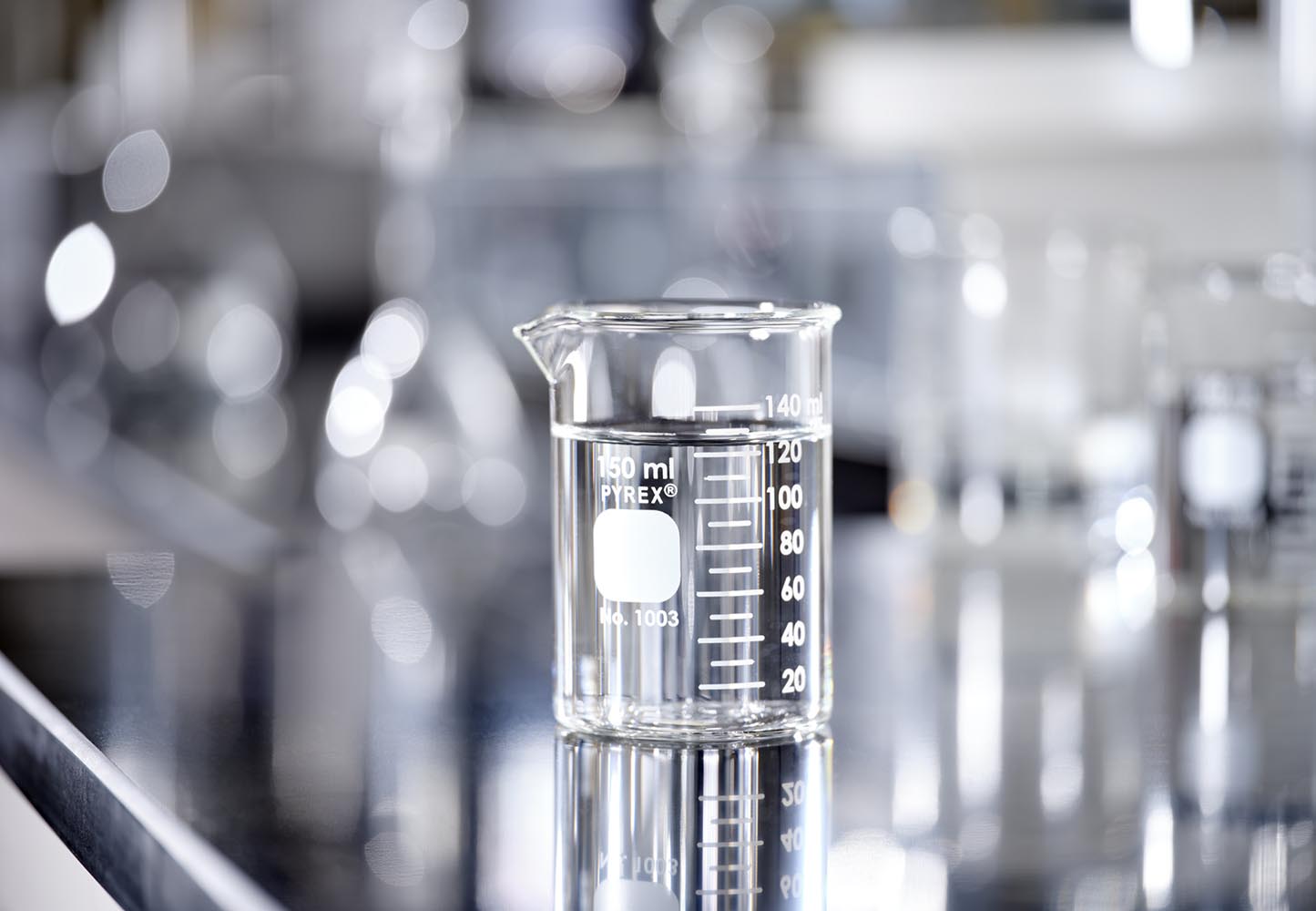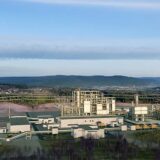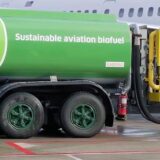
GE Aerospace joins consortium to study 100% SAF compatibility
Efforts to reduce carbon emissions in the aviation industry are gaining momentum with the formation of a unique coalition of leading aerospace companies. The International Aerospace Environmental Group (IAEG) has established a new work group to examine the impact of 100% sustainable aviation fuel (SAF) on airplane and engine systems, addressing technical issues and evaluating compatibility.
GE Aerospace has joined this initiative alongside major industry players such as Airbus, Boeing, Dassault Aviation, and Safran. Together, they will coordinate 100% SAF testing results and share findings with ASTM International, a standards-setting organisation. The collaborative effort, known as Work Group 13, will also engage fuel producers, airports, and airlines to outline steps towards a full transition to sustainable aviation fuel.
Advancing toward net zero emissions
The consortium’s goal aligns with the aviation industry’s 2050 target of net zero CO2 emissions. Ryan Faucett, an IAEG board member and Boeing’s vice president of environmental sustainability, emphasised the importance of preparing the aviation ecosystem for 100% SAF capabilities. Boeing will contribute its research on SAF compatibility and jet fluids to Work Group 13. Similarly, Bruno Costes, IAEG chair and Airbus’ senior director of institutional relations and standardisation, highlighted Airbus’ commitment to sharing its expertise from years of 100% SAF demonstration flights.
GE Aerospace brings significant experience to the table, having tested its 10th aeroplane engine model using 100% SAF. Since 2016, the company has collaborated with partners such as FedEx Express, United Airlines, Emirates, and NASA to evaluate engine performance and the impact of SAF on various propulsion systems.
A united effort for a sustainable future
Gurhan Andac, GE Aerospace’s engineering leader for aviation fuels and additives, expressed the urgency of this initiative. He noted that the IAEG consortium is timely, especially following U.S. President Joseph Biden’s 2021 Sustainable Aviation Fuel Grand Challenge, which aims for the production of three billion gallons of SAF per year by 2030 and sufficient SAF to meet 100% of aviation fuel demand by 2050.
SAF, which can be derived from renewable sources such as plant oils, algae, waste streams, and even captured CO2, offers a sustainable alternative to conventional jet fuel. Although emissions during flight are similar to traditional fuels, SAF significantly reduces emissions over its life cycle.
With the aviation industry projected to serve 4.7 billion passengers this year and U.S. jet fuel consumption expected to increase by 32% by 2050, the need for sustainable solutions is more urgent than ever. Andac believes that through unified efforts and advancements in fuel technologies, policies, and airframe and engine technology, the aviation industry can achieve its ambitious sustainability goals within the next 10 to 15 years.
“I think in about 10 to 15 years,” says Andac, “it will really accelerate when we have the fuel technologies in place, the policies in place, and the airframe and engine technology in place regarding SAF use.”














